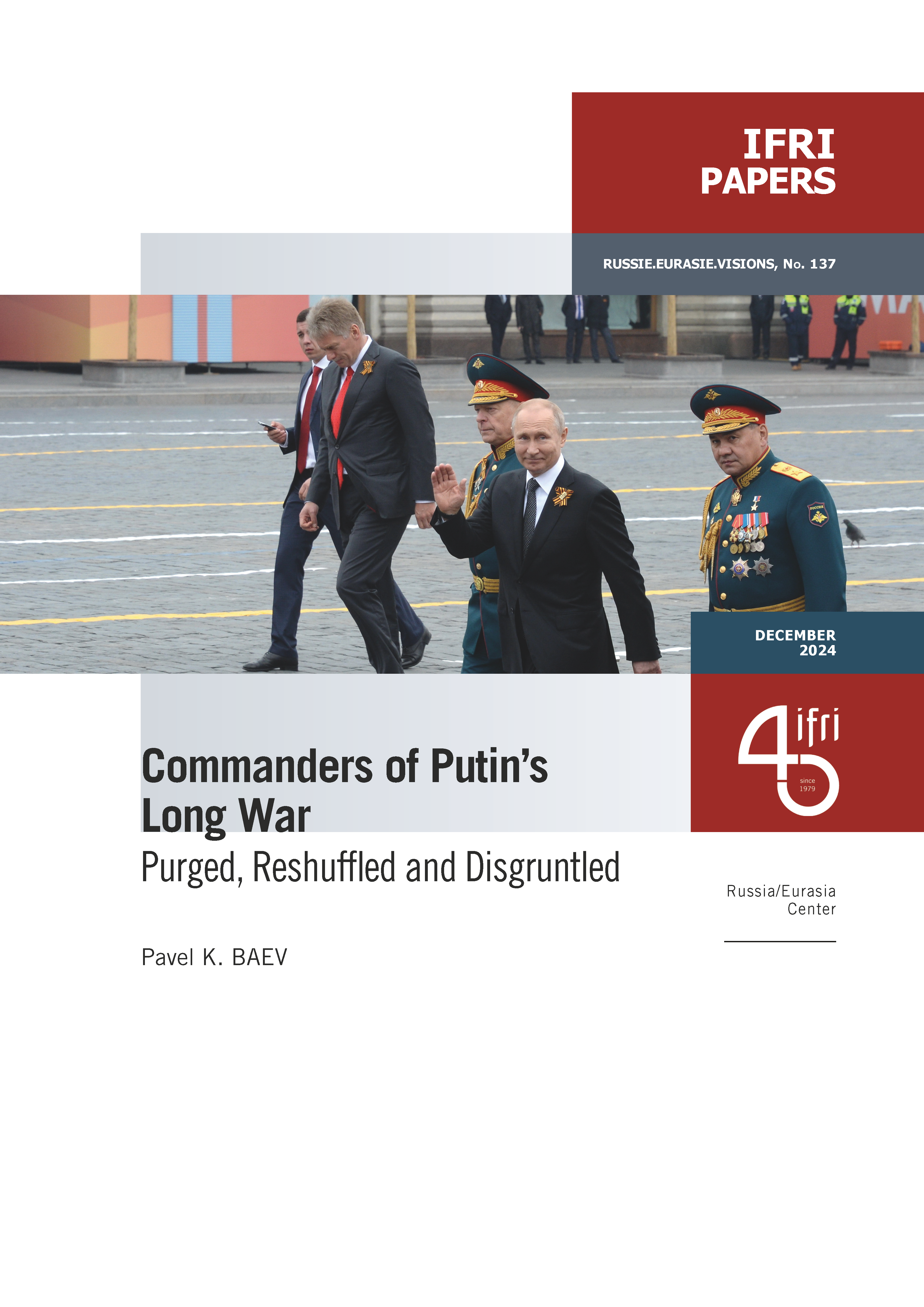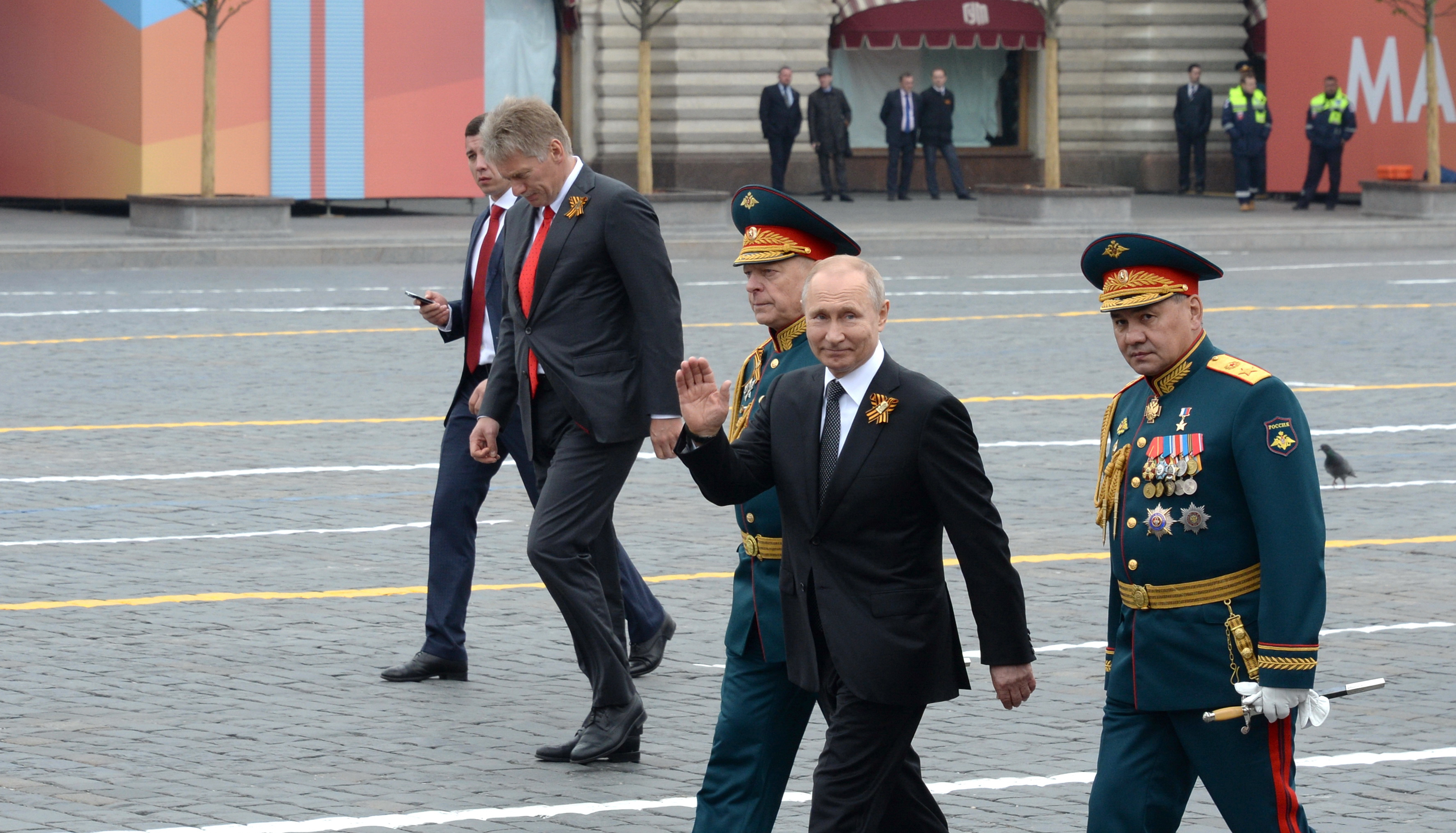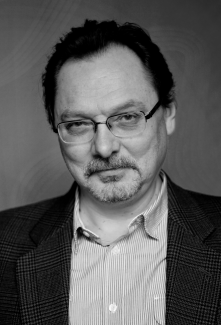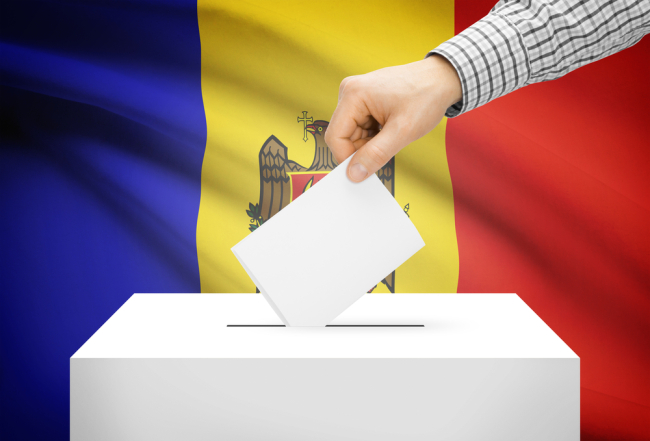Commanders of Putin's Long War: Purged, Reshuffled and Disgruntled

The trend of reshuffling the Russian top military command in the course of a fast-evolving and far from successful war has progressed unevenly both across the Armed Forces’ structures and in time. The rationale for and timing of the abrupt cadre decisions made by Commander-in-Chief Putin often defy logical explanation, and the rare official clarifications are no more informative than the usual information blackout.

Putin typically prioritizes loyalty over competence, which makes the command structure incapable of addressing sudden shifts in the combat environment. The recent profound shake-up of and purges in the Defense Ministry have resulted in a serious bureaucratic disorganization of this structure that is crucial for sustaining the war effort. The lack of any changes in the General Staff weakens the ability to learn from experience and compromises the authority of the high command. Angst and anger among the fighting generals caused by the ineptness of the high command is a major source of political risk, which Putin can neither ignore nor properly address.
Dr. Pavel K. Baev is an Associate Research Fellow at Ifri’s Russia/Eurasia Center, a Researcher and Professor at the Peace Research Institute, Oslo (PRIO), and a Senior Non-Resident Fellow at the Brookings Institution. After graduating from Moscow State University (MA in Political Geography, 1979), he worked in a research institute of the USSR Ministry of Defense, received a PhD in International Relations from the Institute for US and Canadian Studies, USSR Academy of Sciences (1988), and then worked for the Institute of Europe, Moscow. He joined PRIO in October 1992. He writes a weekly column for the Jamestown Foundation’s Eurasia Daily Monitor.

Available in:
Themes and regions
ISBN / ISSN
Share
Download the full analysis
This page contains only a summary of our work. If you would like to have access to all the information from our research on the subject, you can download the full version in PDF format.
Commanders of Putin's Long War: Purged, Reshuffled and Disgruntled
Related centers and programs
Discover our other research centers and programsFind out more
Discover all our analysesThe Caspian Sea as an Emerging Energy Hub : Potentials and Limitations
This report analyzes the prospects of the Caspian Sea region — and its key actors except for Russia and Iran — becoming an important energy hub serving the needs of the European Union (EU).
The European Union's Strategic Test in Georgia
The political crisis brewing in Georgia is of an existential nature for the country. What is at stake is Georgia's future as a democratic and sovereign European nation (EU).
Russian Military Manpower After Two and a Half Years of War in Ukraine
In addition to a military victory in Ukraine, the Russian leadership is planning to build up sizable troop formations for a possible conflict with NATO in the Baltic region and the Kola Peninsula. In particular, current plans aim for the military manpower to grow by about 350,000, reaching a total of 1.5 million soldiers and commanders. In the context of the current conflict in Ukraine, this cannot be accomplished without a new wave of mass mobilization.
Moldova’s Foreign Policy after 2024 Presidential Elections: Staying on the EU Path, Moving Eastwards or Becoming Multi-vector?
The future of Moldova’s foreign agenda will undergo a stress test during the upcoming presidential elections on October 20, 2024.












